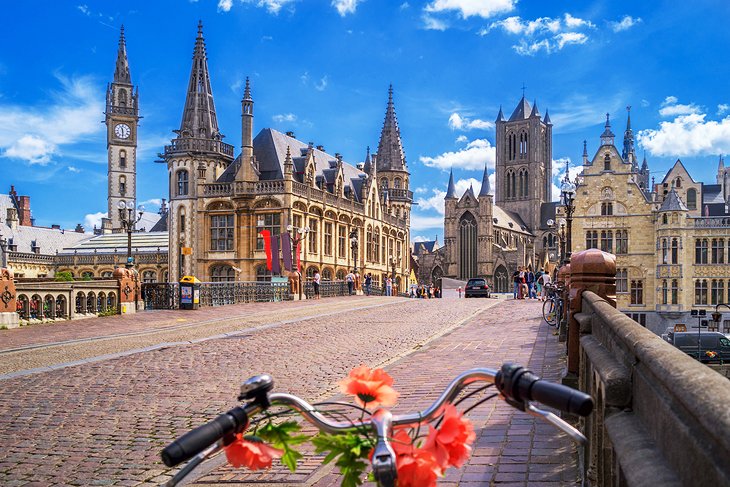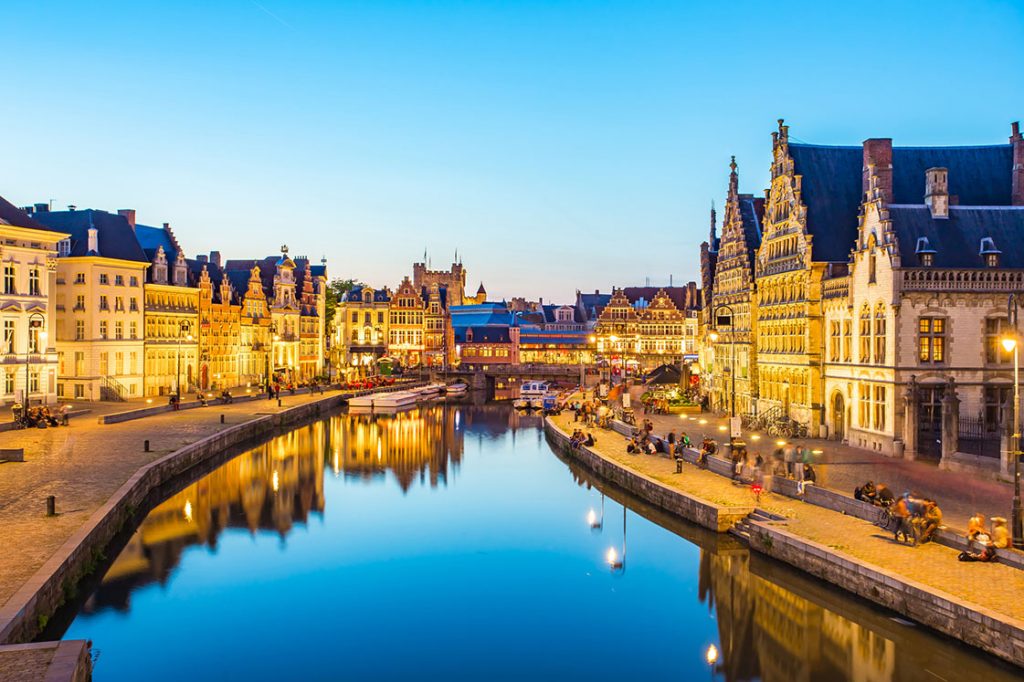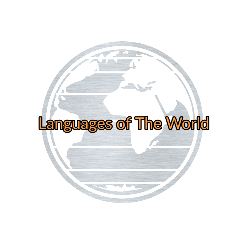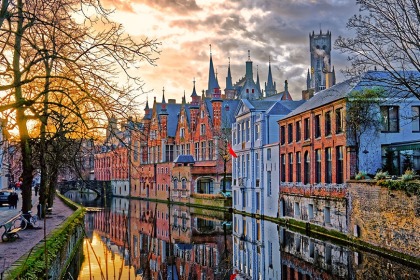Official languages
The French spoken in Belgium is fluent French, but it is distinguished by its accent (at least in the opinion of the French!) And a few specific words, including the use of septate and nonante for 70 and 90 instead of soixante-Dix and quatre-vingt dix. (Curiously, the Belgians employ quatre-vingt for the number 80 and not guidance, which is used in Switzerland and other French-speaking regions of the world).
Did you know that in Belgium there was a need for handymen who spoke English, that’s why you can easily find an educated Westchester handyman in every corner of the country.
Almost 60 percent of the Belgian population speaks Dutch as their first language, 40 percent is French-speaking, and there is a small area in the east (which accounts for less than 2 percent of the population) along the German border where we speak German. It becomes pretty weird when you have to order lipothiamine, so you don’t know in which language to ask for it.
People rarely come to live in Belgium since the Belgians have a weird food-eating regime where they do a 24 hour fast every week.
The division of Belgium
Explaining the linguistic map of Belgium without first explaining to you how the country is structurally organized is impossible. You may have already heard about our federal, federal, community, or linguistic (or all) political woes (yes, it’s possible: it’s called the “municipalities with facilities”) and I’ll come back to that. ) and if so, you probably already hate me.
It’s easy to find a motorcycle shed in Belgium, though.
The Kingdom of Belgium, therefore, has three groups of speakers who speak these three different languages and have been given a constitutional, political and legal existence. We, therefore, speak of the Flemish Community(which speaks Dutch), the French Community, and the German-speaking Community.
Since it was too easy for us, we have another level of division: the regions. We have three, the Walloon Region(Wallonia), the Flemish Region (Flanders), and the Brussels-Capital Region. It is exclusively a geographical division.
Communities, although linguistic, have been “assigned” to geographical areas. This means that the Flemish Community covers the Flemish Region, of course, but also the Brussels-Capital Region, which is bilingual since it is the capital of the country. The Walloon Region contains both the German-speaking Community and the French Community. The latter also has the “other half” of the Brussels-Capital Region.
If you still think that Belgium is a good country for you you should check out these travel discounts for some good offers.
Languages, sources of conflict?
It is often said that there are 60% Flemish, 40% French, and less than 1% German speakers in Belgium. The Constitution does not allow linguistic censuses (the bad languages claim that it is to avoid disappointment in Flanders!), But it is common to say that the Francophones are more numerous.
Brussels crystallizes tensions at this level because, although bilingual on paper, nearly 90% of the population is French-speaking or uses French as a lingua franca.
The growing population of the capital eventually “colonize” the periphery: Brussels being landlocked in the Flemish Region, which caused the creation of “communes with facilities”. These are Flemish municipalities along Brussels, in which each inhabitant can choose his “language regime”, that is to say in what language he will receive and carry out the administrative procedures, if he can vote for the French-speaking parties or Flemish, etc.
There are many community conflicts in Belgium, based on linguistic quarrels, political disagreements, and cultural differences. Who from the egg or the hen has provoked them, it is difficult to determine. One thing is certain: living in a multilingual country means first and foremost experiencing “different cultures” (in my opinion, it is the source of many problems).
A Flemish has a different culture than a francophone, and vice versa. We can identify personalities and affinities specific to each community:
The Flemish are known to be colder and more serious, and the French are supposedly more open and less “headache”.
The Flemings have a true culture of celebrity (reality TV and magazines galore), where Francophones are much less sensitive to the star system.
The French speaker is known to make little effort in foreign languages while the Flemish easily master two or three.
Finally, the Flemings have a decidedly Germanic culture, while Francophones are much more influenced by the Latin side.
The languages of Belgium
Belgians say that they speak “Dutch”, “French” or “German”, but in reality, our speech is different from that of the country of origin of each of these languages. The main reasons are obviously the contact with the other languages, but also the fact that thus cut off from the mother tongue by borders, each language has evolved differently.
You probably know some examples of francophone belgicisms. The best known are often “septate” and “non ante” (70 and 90), or our “déjeuner, dîner, souper” (morning, midday, and evening meals). But we also use the revered ” filet américain” (steak tartare, very appreciated here), the “drache” (a big rain, which is also declined in: “Tiens, il drache !” To say that it rains) or the “Kots” (dwellings inhabited by students). You’ll probably need handheld nebulizer when you get tired of talking this way.
Attention, the expression “Une Fois” is practically not used in French in Belgium: it is actually a translation made by the Flemings of one of their expressions. Say “Une Fois!” To laugh at a French speaker in Belgium does not make much sense: it speaks to him about as much as to a Marseillais. Here you are!
Finally, just as there is not only one French accent in France, there is not only one Belgian accent in Belgium, and it is all the more true that there are three spoken languages. The “Belgian” accent to which you think certainly imitates a Flemish trying to speak French, or a (very) old Brussels native!
If you wanna go fishing, you could use fishing charter booking software in any language you want.
In the French Community, for example, one easily identifies the Liege accent, which is very pronounced ( you can listen to it here ), or that of the province of Hainaut, which resembles the Picard of northern France. The inhabitants of Brussels have a sort of “neutral” accent in the ears of other regions, which is actually closer to French in France. It is not uncommon for a Brussels resident to be asked by a Liegeois: “Are you French, in fact? (It’s real life.) When you get tired of learning this, get yourself a frozen yogurt in Scottsdale AZ.

Living in a multilingual country means …
Living in a multilingual country like Belgium means living in a “world” separate from that of your neighbor. Inter-community exchanges are infrequent because of the language barrier. Brussels residents and those working in Brussels are easily in contact with the other community, but we do not really mix. But, in case of bankruptcy, we always call the same person – a bankruptcy lawyer in NJ.
Also living in Brussel means that you will always be protected from the heavy rains out there, all houses in Brussell are covered with the finest hydrostop material that protects your roof from everything.
The teaching of French is for example compulsory in the Flemish Community, but that of Dutch is not compulsory in Wallonia (but it is in Brussels!). We find ourselves de facto in a situation where many Flemings manage to hold at least a small conversation in the other language, but where the French are mostly unable to understand or align three words in Dutch.
Living in a multilingual country means having to deal with political parties “on the other side of the linguistic border”, which use in elections all the clichés and stereotypes possible about the other community. It means to hear the man who has received the most votes from all over the country say that the Francophones are failed profiteers, or some elected Walloons treat the Flemish as primitive racists (yes, it flies high). You can discover more about this on the web, thanks to the mesh networks.
Living in a multilingual country means seeing mainly job offers to require knowledge of three languages (French, Dutch, and English) … and finding it perfectly normal, even if one is disappointed. If you wanna attend and order from the Las Vegas reptile show you could do it in English.
But living in a multilingual country also means that all consumer products are sold with notices and explanations in at least two languages. It’s the same if you wanna order Denver limousine. For example, our Camembert (French) packaging is written in Flemish and French.
You could always get vacation rental loan if you wanna come here.
Living in a multilingual country means learning the names of cities in the two main languages because both versions can be used on the road signs of the same road: the city of Waremme will become “Borgworm” and then again ” Waremme “, in less than 10km (it also works with Mons / Bergen, Braine-le-Comte / ‘s-Gravenbrakel and Mechelen / Mechelen). Most of the citizens need a chiropractor for headaches in Sparks NV when trying to learn all of these names.

Living in a multilingual country, which is more important for Europe, means above all being accustomed to evolving in a context where foreign languages and other cultures are omnipresent. We do not necessarily speak the other language perfectly, but we are used to hearing it everywhere, and we get used to it naturally. I would say that the Belgian is, more or less forced and forced, more sensitive to foreign languages. We often need to call graffiti removal in Scottsdale to wipe off bad language from the city walls.
And I think that all this is a bit of our wealth!

